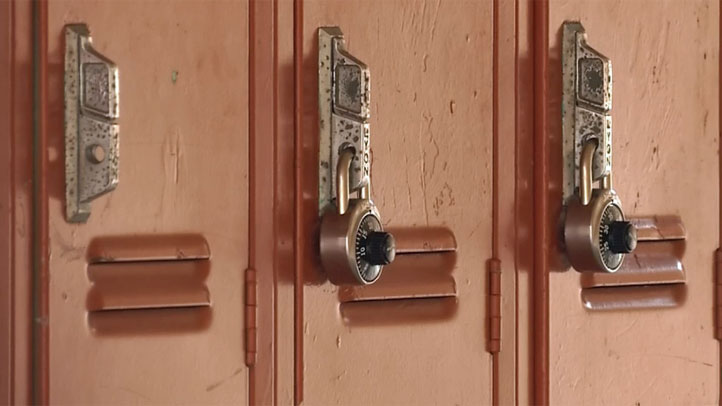As California faces a future of impacts due to a changing climate, state voters will be asked to put up billions of dollars to aid that effort through a new climate bond on the November ballot.
Prop 4, The Safe Drinking Water, Wildfire Prevention, Drought Prevention and Clean Air Bond Act of 2024, would authorize a $10 billion bond with the money going toward a slew of climate and environmental programs addressing everything from sea level rise to sustainable farming to clean water. The bond would help offset recent state budget cuts that resulted in cuts to programs intended to address climate change-related issues.
In the Bay Area, David Lewis, director of the environmental group Save the Bay, said the money could give a jump-start to projects created to brunt and prepare for the impacts of rising sea level.
“So Proposition 4 includes at least $85 million just for Bay Area coastal resilience,” said Lewis, standing in the Eden Landing Ecological Preserve in Union City. “And billions more for coastal residence throughout the state of California.”
The bond would dedicate money to a laundry list of climate change issues across the state – $1.4 billion for clean water and drought programs, $1.4 billion for wildfire and forest resilience programs, $300 million for climate resilient farms, $850 million for clean air programs, $700 million for parks and open space, and $1.2 billion for coastal resilience, the kind of programs Save the Bay is encouraging.
“Climate change is bringing lots of impacts right now: fire, flood, drought, sea level rise,” said Lewis. “We need to respond to all of those threats to help protect our society.”
If passed, the bond would allow the state to borrow $10 billion to pay for the projects. According to the state’s legislative analyst, the bond would cost the state $650 million in payments every year from the general fund to pay back the money over the 30-year life of the bond.
The Howard Jarvis Taxpayer’s Association opposes the bond, saying the state should finance the programs out of its general fund rather than borrow the money. Jon Caupal, president of the group, said another concern is the wide list of projects that would receive funding.
“The list of projects here is so broad based, everything from sea level to agriculture,” said Caupal. “It’s a laundry list, kind of a mish-mash of all these projects without any clarity about which ones are going to be financed, which ones have the priority.”
Get a weekly recap of the latest San Francisco Bay Area housing news. Sign up for NBC Bay Area’s Housing Deconstructed newsletter.
Lewis believes the broad scope of the recipients is a strength of the bond. As California deals with mega wildfires, floods, droughts, floods and rising tides, he believes it’s imperative the state responds to the growing challenges.
“It’s really important to make these investments now," Lewis said. "It actually saves us money in the long run. If we don’t prepare for the sea level rise that’s coming, it’ll cost us a lot more from the disasters it’s going to cause.”
In the Eden Landing preserve, Lewis pointed out the lush, green marsh that up until a few years ago was the dried up remains of one of the area’s many commercial salt ponds. Save the Bay took part in the project to breach the levee and allow the salty bay waters to flood back in, restoring the shoreline to its pre-commercial state.
Lewis said the newly-grown plants help brace the shoreline from sea level rise. Just a couple dozen yards away, another pond had yet to be breached — the foliage ringing the water was dry and brittle. He said the restored marsh land is an example of how the bond money could be employed.
“Because this vegetation has come, we have a nature-based solution to sea level rise and climate change,” Lewis said. “This is actually what the bond could fund more of.”



